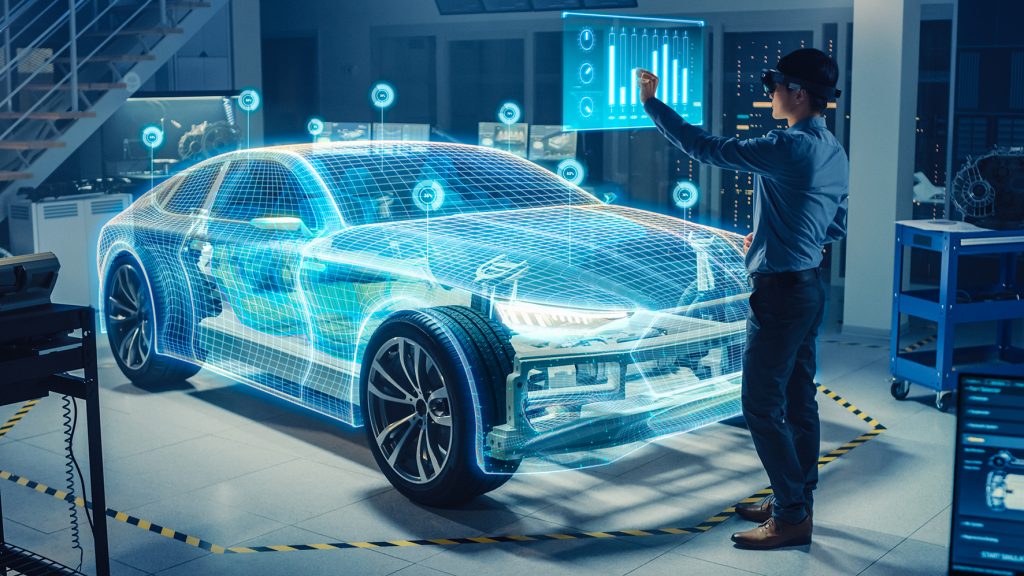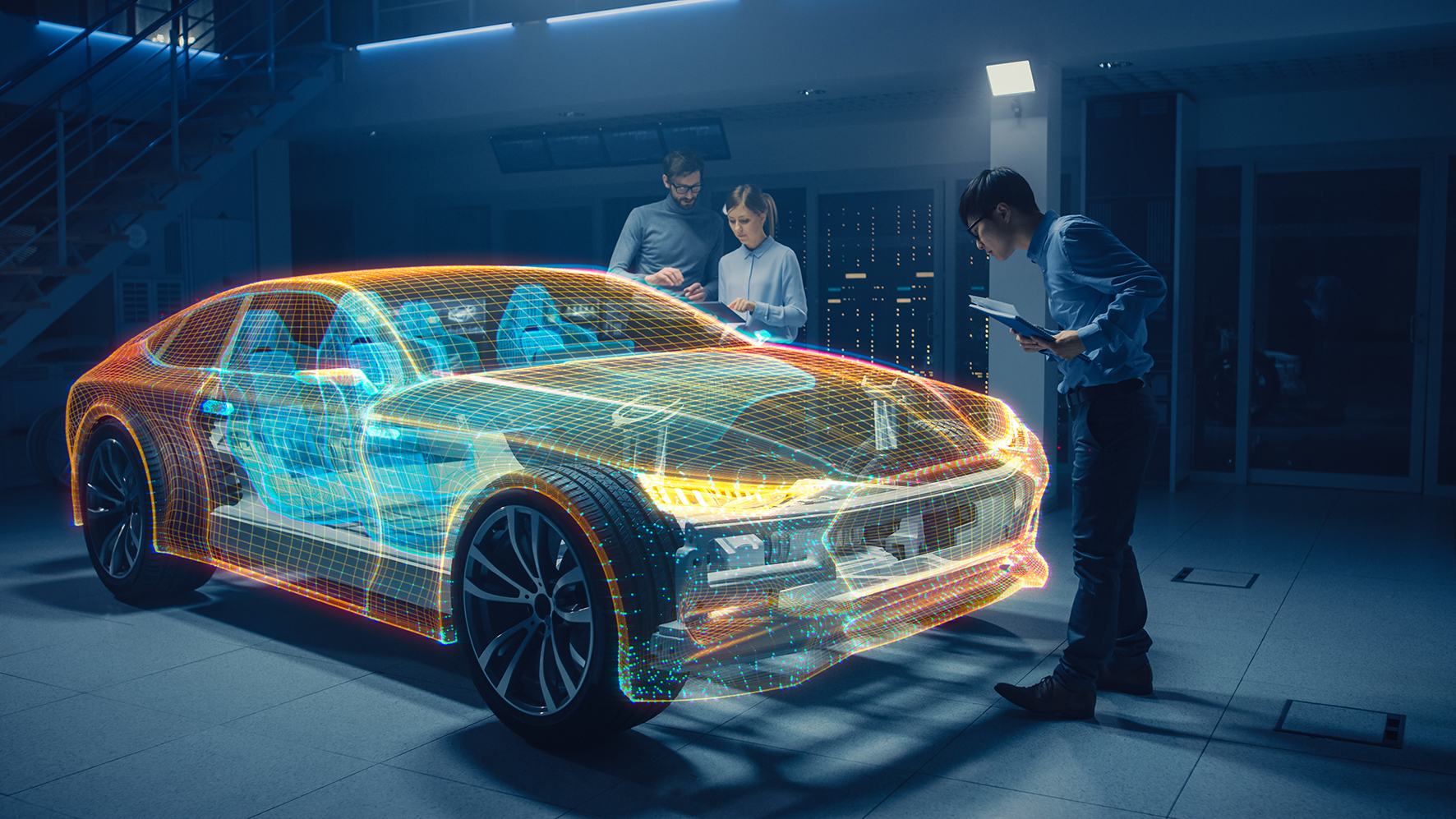The automotive sector is one of the most important sectors in UK manufacture and retail, with manufacturing alone generating £14 billion in value for the UK economy annually.
This is to say nothing of the showroom sellers and vehicle technicians forming a vital part of the motor economy – all in service not only of the 40 or more million cars on the road in the UK, but also the British-made cars that make it across the pond.
As with any industry, the automotive industry is led by innovation. New technologies and new design principles drive demand – but what are some of the leading technological advancements touted to change the face of the UK’s motor industry?
The Electric Age
Electric vehicles, or EVs for short, have begun to dominate commercial markets around the world. EVs of some description have been available for over a decade, in the form of the hybrid Toyota Prius and one of the first commercial plug-in EVs, the Nissan Leaf. But the phenomenon exploded with the popularity of EV brand Tesla, which took the US by storm before opening trade avenues to the UK.
Today, almost every car manufacturer has their own stake in EV development, with competition breeding innovation and better outcomes for consumers. EVs are enduring in popularity as fossil fuel prices grow. Indeed, EVs cost both less to run and less to maintain; while full car services remain a crucial thing for drivers of any car to arrange regularly, EVs present fewer issues owing to their relative lack of complex moving parts. Simply put, fossil-fuelled cars are more likely to break, and break more often.

Sensors and IoT
But while the above concerns what’s going on under the hood, there is much more going on in the cockpit with modern models of both EVs and conventional petrol or diesel vehicles. Continued innovation in digital technology has allowed the development of intricate sensors that allow deep control of a car’s processes, keeping driving safe and simple even in adverse conditions.
This technology has met with IoT (Internet of Things) to make a truly futuristic interface for today’s drivers. Endless connectivity options enable keyless entry, seamless control of everything from fuel consumption to heated seats, and the integration of mobile apps for a comfortable driving experience. Implementation of this technology is at its peak as almost all companies that build apps include IoT for their solutions.
Automation and AI
The big story in automotive innovation, though, is the continued development of automated driving systems – that is, the development of the self-driving car. Tech and automotive giants alike are vying for the top spot with their own innovations, but Tesla has beaten the majority to market with its own AI driving algorithm.
Some teething problems remain with Tesla, and indeed with wider legal precedent, but the outlook is nonetheless bright for the industry as a whole. Indeed, autonomous driving could be the next leap forward for the industry, enabling an entirely new class of vehicle to be engineered.
The Help For Heroes Spinnaker Watch





